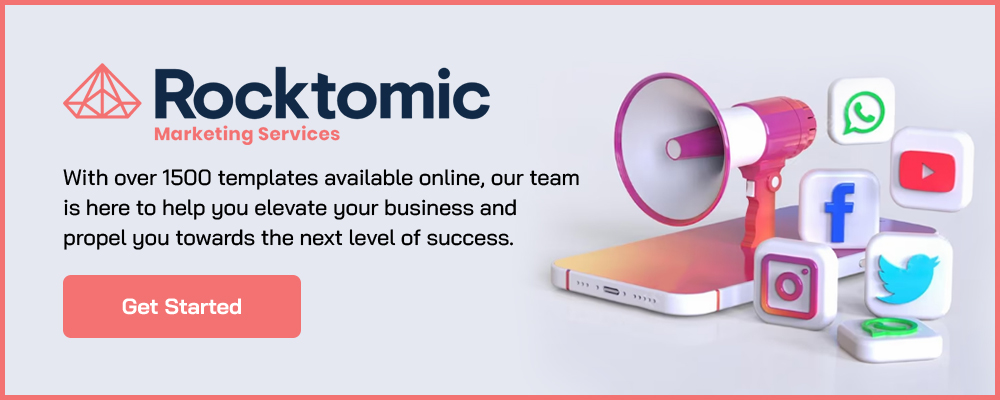The mention of office work often conjures images of poor posture, sedentary lifestyles, and mental fatigue within the health and fitness community.
This narrative, however, is not set in stone.
Incorporating a healthy work-life balance inside and outside the office is not just possible but necessary for fostering a culture of productivity and creativity.
The prevailing corporate culture, particularly in the West, subscribes to the myth that continuous, unrelenting work yields the best outcomes. This belief overlooks the fundamental human need for balance—not just physical but also mental.
The Standing Desk Revolution
The standing desk emerges as a hero in the narrative of workplace wellness. Conventional chairs, often dubbed “orthopedic nightmares,” can lead to a host of physical ailments.
In contrast, standing desks promote blood circulation, alleviate joint discomfort, and encourage a dynamic working posture, offering a sense of liberation. The modern adjustable models allow for easy transitions between sitting and standing, making comfort and flexibility key components of the workday.
Convincing HR to invest in standing desks can be straightforward, especially when highlighting the productivity benefits, a vital consideration in today’s high-turnover job market.
Sit Wisely
Not everyone has the luxury of a standing desk. In such cases, optimizing your sitting posture becomes crucial.
Proper alignment—shoulders back, chest out, feet flat, and neck aligned with the spine—mitigates joint stress and ingrains beneficial postural habits.
Employing mini bands for seated muscle engagement activates core and leg muscles, enhancing circulation and preventing stiffness. Simple exercises, such as calf raises and stretching, can also counteract the effects of prolonged sitting.
A Vitamin D Boost
Regular outdoor breaks rejuvenate the mind and body. Sunlight exposure is particularly crucial in combating the widespread issue of vitamin D deficiency. These brief nature breaks can significantly enhance mood and cognitive function, providing a much-needed midday revival.
Vitamin D is vital for keeping our bones and teeth strong, helping our body fight germs, and even keeping our minds and hearts healthy. When our skin gets sunlight, it makes vitamin D all by itself.
This kind of vitamin D sticks around in our bodies longer than the kind we get from food or pills. Plus, being in the sun can make us feel happier and more energetic, thanks to the natural feel-good chemicals our bodies release. So, a bit of sun can do a lot of good!
Finding Your Zen: The Power of a Personal Retreat
Identifying a tranquil space within the workplace can offer a sanctuary for brief periods of relaxation or meditation. Whether it’s an underutilized gym or a secluded stairwell, these personal retreats can be invaluable for mental resets throughout the day.
Walk The Walk
Opting for stairs over elevators introduces a manageable yet effective form of exercise into the daily routine. Progress can be measured and celebrated, fostering a sense of achievement and encouraging a friendly, competitive spirit among colleagues.
Even if you don’t have any stairs to climb, you can incorporate more walking into your workday. Walking, the most fundamental form of movement, offers numerous health benefits. Incorporating walks into lunch breaks or even holding walking meetings can significantly contribute to physical and mental well-being.
Push-ups and Crawls: Office-friendly Exercises
Integrating push-ups or crawling exercises into the workday may seem unconventional, but it can effectively counteract the stiffness associated with prolonged sitting. These exercises stimulate a lot of muscle groups, providing a quick and efficient energy boost.
Ideally, do these on a yoga mat to avoid putting your hands on the floor.
Hydration: The Foundation of Wellness
Maintaining hydration is essential for concentration, organ health, and overall vitality. A proactive approach to drinking water throughout the day ensures that hydration needs are met, supporting both physical and mental performance.
Aim for around 2 to 2.5 liters of water per day.
Cultivating a Health-focused Work Environment
The traditional work ethic of relentless diligence is outdated and counterproductive. Modern companies must recognize the importance of their employees’ health, offering flexibility and support for regular breaks and wellness initiatives. Employees can advocate for a workplace that values and invests in their well-being by demonstrating increased productivity and creativity.
In conclusion, transforming the corporate health culture is not just about individual practices but about fostering an environment that supports and encourages these habits. Investing in employee wellness is a strategy that pays dividends in productivity, satisfaction, and overall corporate success. As we redefine what it means to be a productive and creative team member, the integration of health-conscious practices into the workday becomes not just beneficial but essential.
* The information presented in this blog article is intended to provide general information only and should not be considered as professional or expert advice. While we have made efforts to ensure the accuracy and completeness of the information, we cannot guarantee its correctness. We accept no liability for any loss or damage that may arise from your reliance on the information contained in this article. We encourage you to seek professional advice or conduct your own research before making any decisions based on the information presented here.













